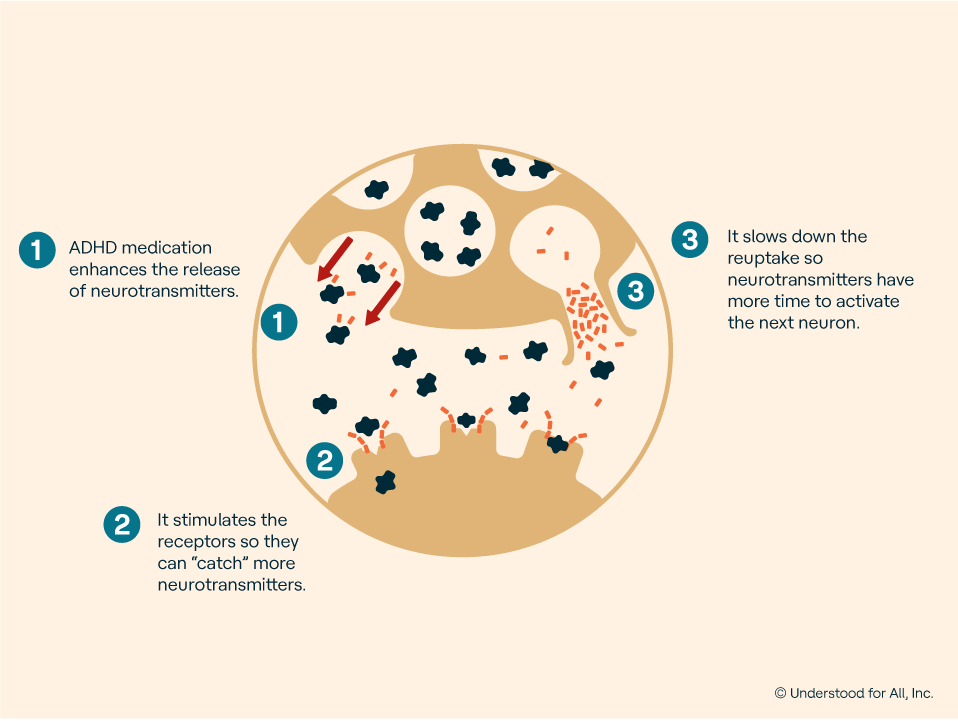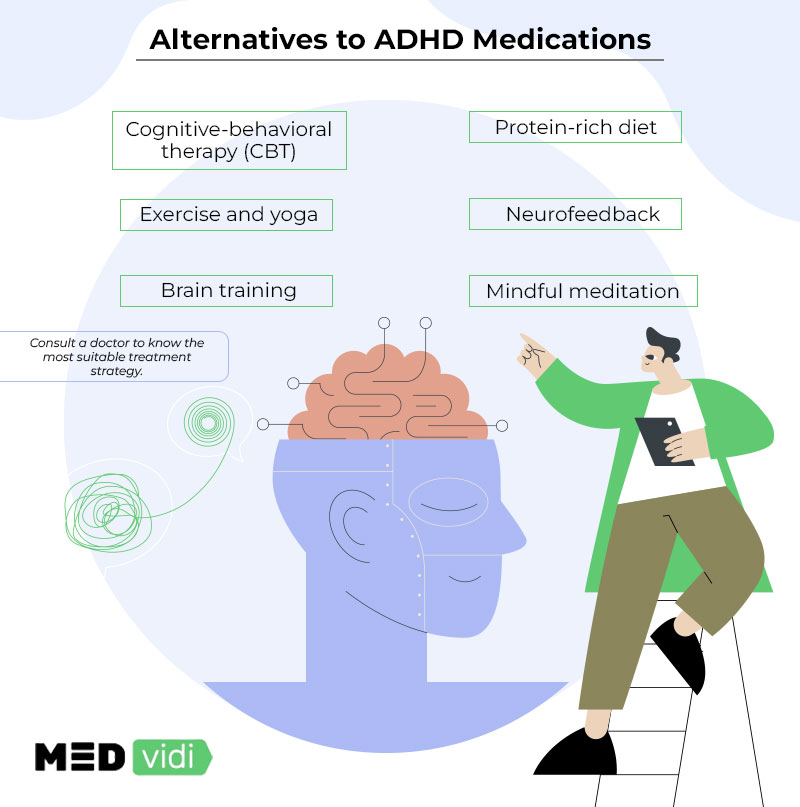The Benefits of Personalized ADHD Treatment Strategies for Better End Results
The execution of tailored ADHD therapy plans has actually emerged as a crucial technique in enhancing therapeutic results for people impacted by this condition (ADHD treatment). By identifying the unique symptoms of ADHD in each person, these tailored interventions advertise higher engagement and motivation, ultimately leading to much more reliable coping strategies.
Recognizing ADHD Variability
Although Attention-Deficit/Hyperactivity Disorder (ADHD) is usually perceived as a singular problem, its symptoms can vary significantly among individuals. This irregularity is affected by a series of variables, consisting of age, sex, coexisting problems, and ecological contexts. For instance, kids with ADHD might display hyper habits, while adults might primarily deal with focus deficiencies. Gender distinctions additionally play a duty, as men are a lot more regularly detected with ADHD and commonly show more obvious signs, whereas ladies may offer with less apparent inattentiveness.
In addition, people with ADHD might experience a range of psychological and behavior obstacles, such as anxiousness or opposite defiance, that can make complex medical diagnosis and therapy. It is likewise worth keeping in mind that ADHD can provide in a different way across different cultural contexts, influencing how signs are identified and resolved.
Trick Elements of Customization
Personalized ADHD treatment strategies are based in a number of crucial elements that guarantee effective management of the problem. Initially, a thorough analysis is vital, including standardized rating ranges, interviews, and behavioral monitorings. This comprehensive evaluation permits medical professionals to recognize the person's special signs, strengths, and obstacles.
Second, the involvement of numerous stakeholders, including moms and dads, instructors, and the individual, adds to an all natural view of the individual's needs. Partnership cultivates an encouraging setting that can adjust to the individual's context and lifestyle.
Third, treatment strategies ought to be adaptable and versatile, permitting adjustments based on ongoing responses and the individual's developing needs. This versatility makes it possible for the assimilation of different healing methods, such as behavior treatments, psychoeducation, and medicine monitoring.
Furthermore, social and contextual factors need to be taken into consideration. Recognizing the person's history, values, and preferences makes sure that the treatment is pertinent and considerate.
Lastly, routine follow-ups and analyses are important to keep an eye on progression and make necessary modifications. By concentrating on these vital components, individualized ADHD treatment plans can dramatically boost the effectiveness of interventions, resulting in enhanced end results for people with ADHD.
Boosted Engagement and Motivation
To efficiently advertise improved involvement and inspiration in people with ADHD, it is important to integrate methods that reverberate with their passions and toughness. Individualized therapy strategies that line up with a person's interests can bring about raised engagement in healing tasks, promoting a sense of ownership and enthusiasm for the process.
Utilizing interactive and creative strategies can also significantly boost inspiration. As an example, integrating gamification aspects or real-world applications of skills can make tasks extra enticing and appropriate. This not just catches attention but additionally strengthens discovering through enjoyable experiences.
In addition, setting attainable and significant goals customized to the person can reinforce inspiration. When people see their progress in the direction of personally significant purposes, they are most likely to remain involved. Regular responses and recognition of success can additionally suffer inspiration, producing a favorable comments loophole that motivates continued initiative.
Lastly, cultivating a supportive setting where individuals really feel understood and valued can dramatically affect their involvement levels. When therapy plans are developed collaboratively, including input from the individual, they are most likely to really feel bought their journey, inevitably leading to enhanced end results in handling ADHD.
Improved Coping Approaches
Developing enhanced coping techniques is essential for people with ADHD, as it equips them with efficient devices to browse daily difficulties. A tailored treatment plan enables the recognition of specific coping systems customized to the person's unique needs and scenarios - ADHD treatment. Strategies such as mindfulness, time monitoring skills, and organizational methods can be incorporated right into daily routines, promoting a feeling of control and lowering anxiety
Mindfulness practices, including meditation and deep-breathing exercises, assistance individuals with ADHD concentrate their interest and manage their emotions. Time management approaches, such as making use of timers or damaging jobs right into smaller sized, convenient actions, can minimize sensations of bewilder. In addition, business tools like coordinators and lists can improve effectiveness and responsibility.
Long-lasting Positive Results
Executing customized ADHD treatment plans can lead to significant lasting positive results for people. These tailored techniques, which think about distinct signs and symptoms, preferences, and life circumstances, facilitate more effective management of ADHD symptoms over time. By concentrating on the particular needs of the individual, these strategies boost adherence to therapy procedures and foster better engagement in healing tasks.

Moreover, personalized treatment plans can substantially decrease the threat of comorbid conditions, such as anxiousness and anxiety, which are usually connected with ADHD. Early intervention and regular assistance aid individuals construct resilience and coping methods, promoting overall psychological health.
Ultimately, the lasting favorable results of individualized ADHD therapy prepares not just enhance the lifestyle for ADHD Doctor individuals yet also add to their overall wellness and success in numerous life domains. This all natural approach highlights the value of personalized treatment in managing ADHD successfully.
Conclusion
